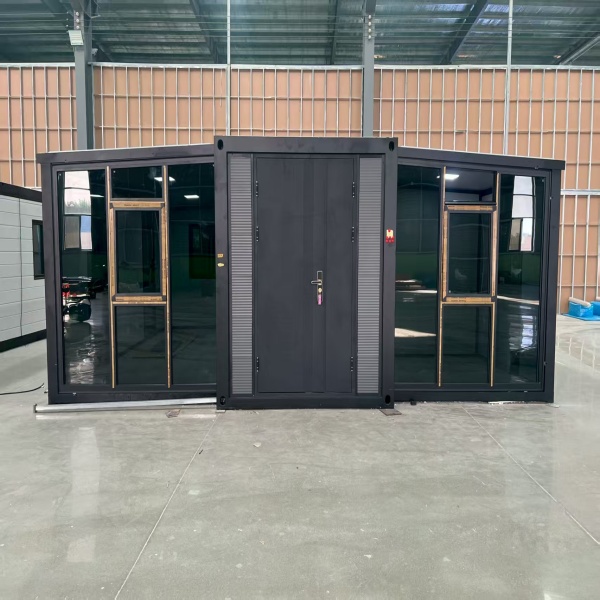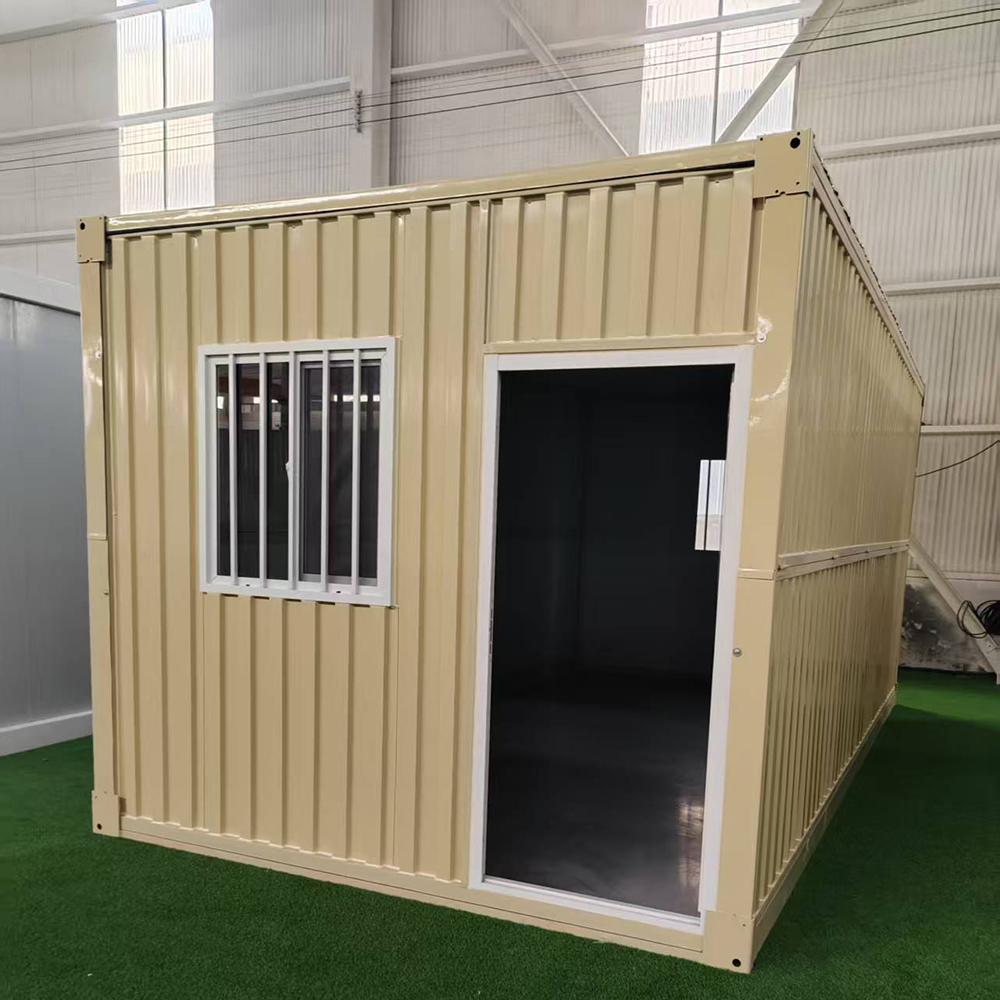-
E-mail
Austin120521@outlook.com -
E-mail
sales@jujiuhouse.com -
Telephone
+86-17864099991 -
Telephone
+86-17854044442
- Chinese
- French
- German
- Portuguese
- Spanish
- Russian
- Japanese
- Korean
- Arabic
- Irish
- Greek
- Turkish
- Italian
- Danish
- Romanian
- Indonesian
- Czech
- Afrikaans
- Swedish
- Polish
- Basque
- Catalan
- Esperanto
- Hindi
- Lao
- Albanian
- Amharic
- Armenian
- Azerbaijani
- Belarusian
- Bengali
- Bosnian
- Bulgarian
- Cebuano
- Chichewa
- Corsican
- Croatian
- Dutch
- Estonian
- Filipino
- Finnish
- Frisian
- Galician
- Georgian
- Gujarati
- Haitian
- Hausa
- Hawaiian
- Hebrew
- Hmong
- Hungarian
- Icelandic
- Igbo
- Javanese
- Kannada
- Kazakh
- Khmer
- Kurdish
- Kyrgyz
- Latin
- Latvian
- Lithuanian
- Luxembou..
- Macedonian
- Malagasy
- Malay
- Malayalam
- Maltese
- Maori
- Marathi
- Mongolian
- Burmese
- Nepali
- Norwegian
- Pashto
- Persian
- Punjabi
- Serbian
- Sesotho
- Sinhala
- Slovak
- Slovenian
- Somali
- Samoan
- Scots Gaelic
- Shona
- Sindhi
- Sundanese
- Swahili
- Tajik
- Tamil
- Telugu
- Thai
- Ukrainian
- Urdu
- Uzbek
- Vietnamese
- Welsh
- Xhosa
- Yiddish
- Yoruba
- Zulu
- Kinyarwanda
- Tatar
- Oriya
- Turkmen
- Uyghur

shipping container fold out homes
Reimagining Living Spaces: The Rise of Fold-Out Shipping Container Homes
In recent years, the concept of living in a shipping container fold out homes has gained unprecedented attention. These homes are engineered to offer both flexibility and sustainability, challenging conventional housing norms. The approach might seem unorthodox at first glance, but it’s rooted in practical engineering and inventive design. Let’s explore what makes this trend not just viable but, in many cases, preferable.
An Innovative Approach to Housing
When considering fold-out homes, many picture a simplistic, perhaps even crude, living solution. However, the reality is far from it. These homes are often marvels of engineering, utilizing space in remarkably efficient ways. At Shandong Jujiu Integrated Housing Co., Ltd., we've seen firsthand how these structures can transform into comfortable and aesthetically pleasing spaces. Our experience with integrated housing projects has shown that creativity in design can turn a standard shipping container into a luxurious abode.
The practical benefits are widespread. For one, these homes excel in terms of mobility and adaptability. They can be transported and assembled with relative ease, making them ideal for remote locations or environments where traditional construction is challenging. This feature is particularly beneficial for disaster relief efforts or for creating temporary housing solutions quickly.
However, it's not just about convenience. From an environmental standpoint, repurposing shipping containers minimizes waste and embodies a form of upcycling. Fewer resources are consumed compared to traditional building methods, aligning with global moves towards sustainability. The metal structure of shipping containers offers excellent durability, which adds to their long-lasting quality.
Real-World Applications and Challenges
While the concept seems flawless on paper, every solution comes with its own set of challenges. I recall a project that involved developing fold-out homes for a remote mining site. Without direct road access for large trucks, delivering these massive containers on-site demanded innovative planning and sometimes even aerial lifts.
Another aspect that requires careful consideration is insulation. Containers, being made of steel, aren't naturally suited to extreme temperatures. We've learned through trial and error that layering walls with high-performance insulation materials can address these challenges effectively. Ventilation can be another concern; ensuring a well-designed airflow system is crucial for maintaining a comfortable indoor environment.
On the plus side, the customization possibilities are vast. We’ve had clients who wanted high ceilings or those who desired expansive windows for natural light. With fold-out designs, it's entirely possible to accommodate such preferences without major structural alterations.
Designing for Comfort and Style
With a focus on personalized design, Shandong Jujiu Integrated Housing Co., Ltd. (https://www.jujiuhouse.com) emphasizes that these homes shouldn’t compromise on comfort. Interiors can be tailored with a variety of materials that mimic traditional home aesthetics. Hardwood floors, drywall finishes, and modern kitchens are all achievable within these containers.
A recent project involved transforming a shipping container into a cozy small home complete with a living area, kitchen, and a bathroom. Implementing innovative space-saving techniques, such as foldable furniture and vertical storage solutions, played a key role in maximizing the internal area. It was rewarding to see how a seemingly compact space could expand to meet everyday living needs.
Moreover, opting for a minimalistic yet functional design helps maintain a spacious feel. These homes hold the potential to redefine urban or suburban living by providing efficient, affordable, and stylish housing solutions.
Considering Cost and Accessibility
One primary driver of interest in these homes is cost-effectiveness. They offer an affordable alternative to traditional homes, making property ownership more accessible. Additionally, the reduced construction time means getting a home ready in weeks rather than months, which is a significant advantage in the fast-paced housing market.
Our experience has shown that by streamlining the design and building process, we can keep costs down without sacrificing quality. As more people become aware of these advantages, demand continues to rise, pushing innovation and further enhancing the affordability and accessibility of fold-out homes.
However, potential homeowners should be cautious. Zoning laws and building codes vary significantly and can affect where a container home might be set up. Researching and understanding local regulations is crucial to ensuring a smooth installation process.
Looking Ahead: The Future of Fold-Out Homes
The potential for fold-out homes seems boundless, particularly as urban areas become more congested and traditional housing solutions prove increasingly unsustainable. As the world seeks adaptable living solutions that respond to environmental and economic pressures, shipping container fold-out homes might just hold one of the keys to the future.
Aligning with these trends, Shandong Jujiu Integrated Housing Co., Ltd. remains committed to pioneering innovative housing solutions that cater to diverse needs and environmental challenges. As we continue to refine our designs and manufacturing processes, we hope to make fold-out homes an attractive option for a broader audience.
Ultimately, while this housing solution might not be for everyone, it's hard to deny its ingenuity and practicality. By offering a blend of innovation, sustainability, and affordability, shipping container fold-out homes represent a compelling alternative to traditional housing, shaping how we may live in the years to come.
Related products
Related products
Best selling products
Best selling products-
 A container house with a terrace and double-wing folding design, suitable for various purposes such as offices, meeting rooms, living rooms, etc.
A container house with a terrace and double-wing folding design, suitable for various purposes such as offices, meeting rooms, living rooms, etc. -
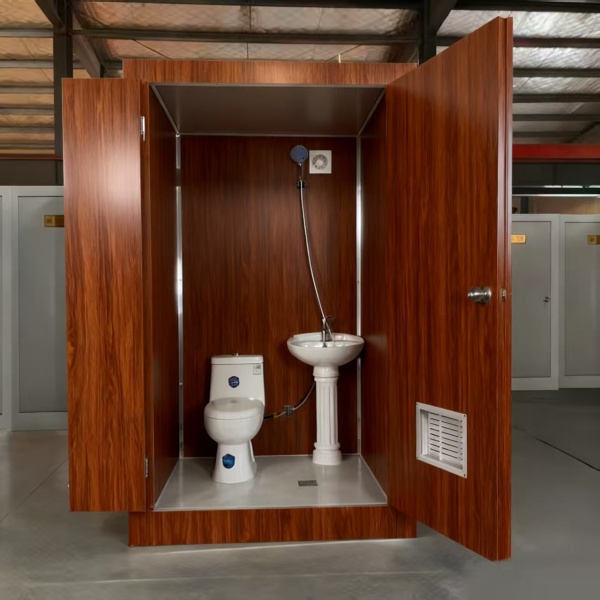 Portable outdoor camping bathroom, mobile toilet, prefabricated modular villa & rental of outdoor and indoor showers
Portable outdoor camping bathroom, mobile toilet, prefabricated modular villa & rental of outdoor and indoor showers -
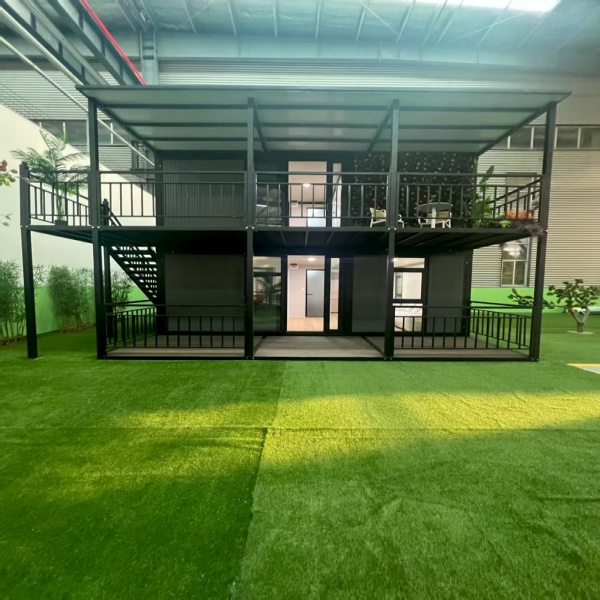 Luxury foldable two-story container houses in luxury resort hotels and villa hotels
Luxury foldable two-story container houses in luxury resort hotels and villa hotels -
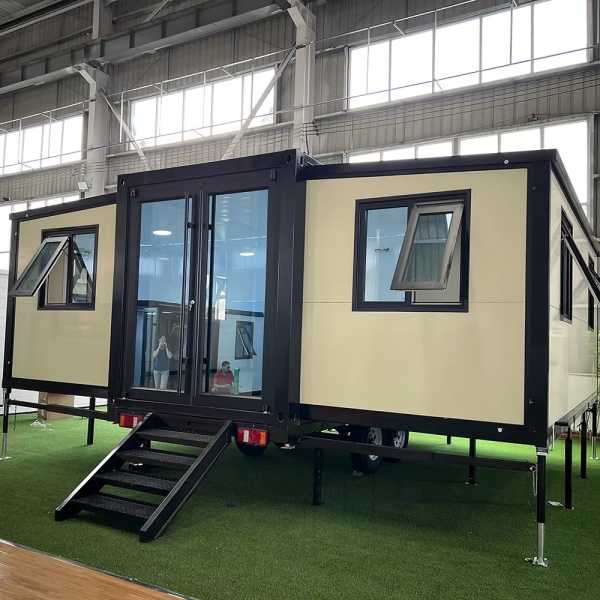 Stair Access Double Wing Expandable Container House | Easy Installation Mobile Office
Stair Access Double Wing Expandable Container House | Easy Installation Mobile Office -
 Hot-selling foldable container houses, expandable prefabricated houses, suitable for office or living use, with fast delivery.
Hot-selling foldable container houses, expandable prefabricated houses, suitable for office or living use, with fast delivery. -
 The foldable container house with side wing design can be quickly set up and is suitable for various environments.
The foldable container house with side wing design can be quickly set up and is suitable for various environments. -
 A container house with a terrace and double-wing folding design, suitable for various purposes such as offices, meeting rooms, living rooms, etc.
A container house with a terrace and double-wing folding design, suitable for various purposes such as offices, meeting rooms, living rooms, etc. -
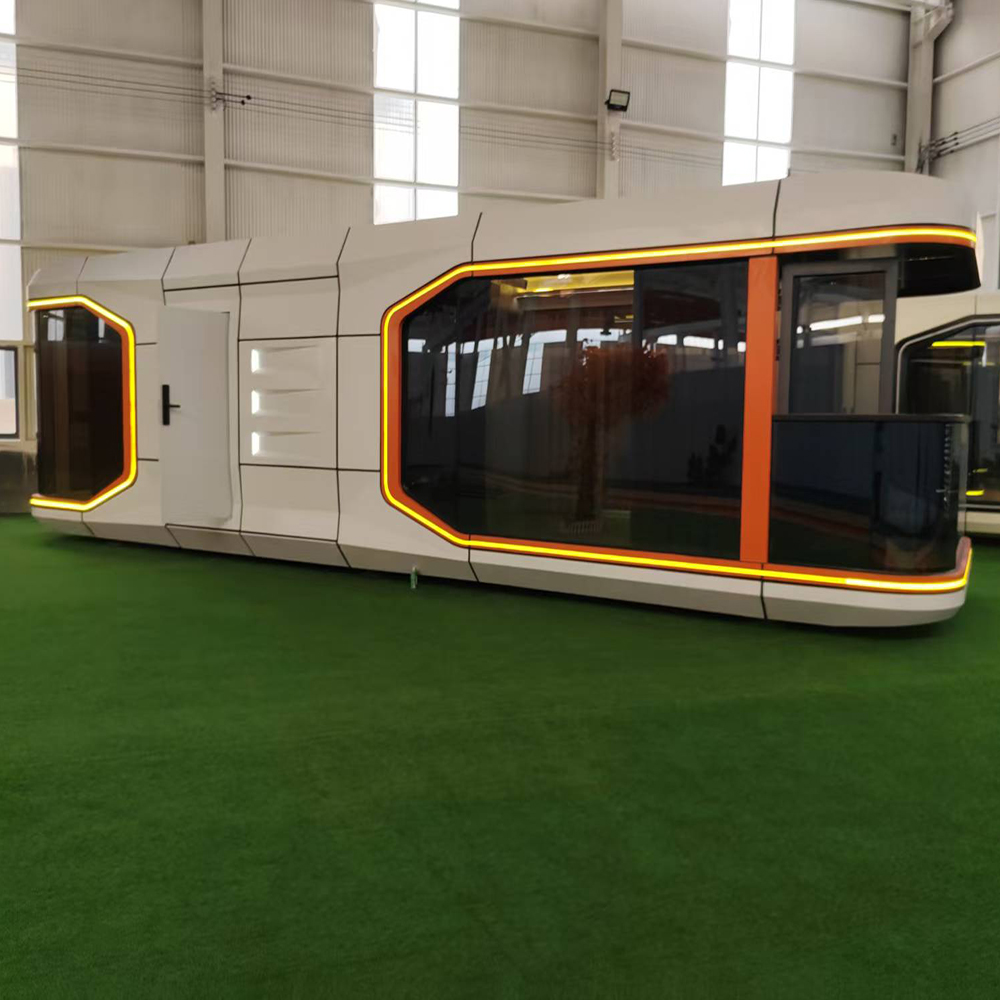 Standard Modern Camping Pod Space Prefabricated Portable Mobile Capsule Room Hotel Bathroom Prefabricated Spaceship House
Standard Modern Camping Pod Space Prefabricated Portable Mobile Capsule Room Hotel Bathroom Prefabricated Spaceship House -
 High-quality Double-wing Folding Container House with Doors and Windows, Insulated Walls, Suitable for Various Scenarios.
High-quality Double-wing Folding Container House with Doors and Windows, Insulated Walls, Suitable for Various Scenarios. -
 Customized Expandable Container House Holiday Home Folding Prefab Container House with Bathroom and Kitchen
Customized Expandable Container House Holiday Home Folding Prefab Container House with Bathroom and Kitchen -
 Dual-Wing Folding Container House: Fast Assembly, Space-Saving & Multi-Scene Adaptable
Dual-Wing Folding Container House: Fast Assembly, Space-Saving & Multi-Scene Adaptable -
 Good Quality Modular Homes Prefabricated House Expandable Container House 20FT Mobile Flat Roof House
Good Quality Modular Homes Prefabricated House Expandable Container House 20FT Mobile Flat Roof House
Related search
Related search- Buy good price folding shipping container house
- fold out house boxabl
- bedroom space capsule
- pre built shipping container house
- China fold out tiny house
- folding house container
- China fold out house
- cabin expandable container house for hotel
- China assembled two bedroom home prefab expandable container house
- container homes fold out









